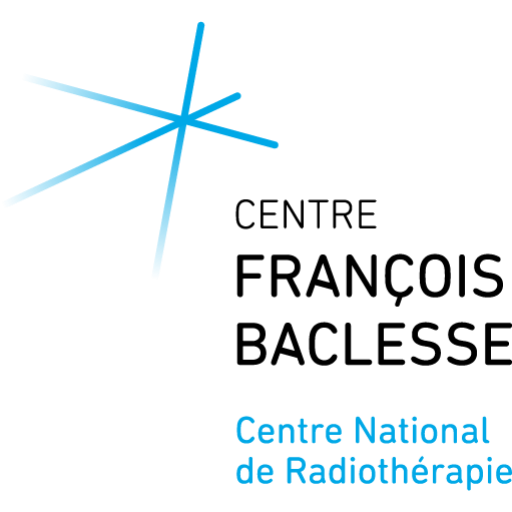Quality & safety
Our quality approach
Our quality and risk management policy is based on the following objectives:
- Quality and safety leadership focused on frontline professionals and patients
- Mastery of our activities and patient care pathways
- Promoting a practice evaluation approach
- Promoting the patient experience and their participation in the improvement program
Our policy is committed to complying with regulatory changes and the requirements of regulatory authorities and our partners. It also takes into account strategic guidelines and national priorities in public health.
In order to have the quality of its care recognized, the CFB has embarked on a voluntary external accreditation process. Accreditation is an evaluation method carried out by an independent body according to internationally recognized standards. These standards cover both the care provided to patients and the organization and management of the establishment.
Risk management focused on analysis and feedback
Our professionals, supervised by the quality unit, meet to retrospectively analyze any adverse events that have been detected and reported. These discussions enable improvement measures to be defined, planned and implemented by the teams.
The aim is to strengthen our organization based on our experience and to view adverse events as levers for improvement so that we can continue to make progress in the care we provide.
To complement our risk management system, the quality policy provides a framework for monitoring health and hospital vigilance, namely:
- Infection control, monitoring and continuous control of infectious risks,
- Pharmacovigilance, monitoring of possible side effects of drugs,
- Material vigilance, monitoring of incidents that may occur during the use of a medical device,
- Radiovigilance, monitoring, evaluation, and prevention of events related to accidental or unintentional exposure to ionizing radiation
- Identity vigilance, monitoring and management of risks of errors related to patient identification

